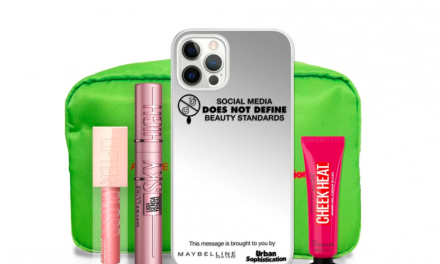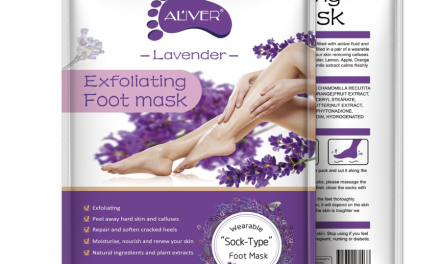
Have you ever thought about journaling or writing down the most intimate events of your life?
Events that caused a cathartic shift in your perception and thought process, or ones that scared the living daylights out of you or left an indelible mark? If you have, consider hunkering down to begin a process you will not regret.
Although it is an option, you don’t need to publish a book to record your life, whether good, bad, or ugly. Anyone can self-publish their story. I encourage people to write stories because it matters. Why does your account matter? It could be purgative whether you are single, married, or divorced, with children.
“I’m not a writer,” I always hear people say. You don’t have to be! Record your thoughts on your phone or use the built-in mic in Google. You don’t need to be Jane Austen or Margaret Atwood.
How to Begin Writing
Do you have a solid basis for your story?
The way to determine if you do is to analyze the significant event(s) that shaped you. The first thing you want to do is to define a timeline from birth until your current age. Think about the most significant events that impacted your life, both positive and negative.
Give a name to each event and attach a date (year) to it. Please put it on the timeline. Next, you’ll want to take a deeper look at each event by identifying the characters who influenced you: yourself, parents, siblings, friends, peers, teachers, religious or community leaders, or strangers encountered along the way.
Can you recall the traumatic events of your life?
Sometimes it is hard to remember as our mind blocks them out for survival purposes. Is that true for you? If so, sitting quietly and meditating – whether to a candle flame or reciting a mantra – will enable the memories to pour forth. I could define the traumatic events that escaped my conscious mind by calming my mind.
Here’s a laundry list of my traumas: childhood near-death experience, sexual molestation at five years old, consistent screaming and yelling in my household growing up, being hit repeatedly in the face and on my backside, parents divorcing, mother remarrying my first boyfriend’s older brother, discovering my mother is an alcoholic and father a sex addict, verbal and emotional abuse, and attempted suicide. Do you want more?
Write down and attach the most influential person(s) related to, or those who caused, the event on the timeline. Now you have a timeline of events by date and the people involved.
Jog Your Memory
Do you find it hard to jog your memory, or are there years of your life you can’t remember?
Here are some tips for jogging your memory. The best way to uncover how the people and events molded you is to ask questions from an objective perspective. Take a look at these to help peel back the onion layers of your life.
Use these questions for each timeline event. Before asking and answering these questions, think about the emotions of each significant character in your timeline. Write out a one-word feeling for each of them. For example, mother/jealous, father/domineering, husband/aloof, etc.
- How old were you when X happened?
- Where were you physically located during this event?
- Who was near you? What did they do?
- What can you recall about the smell and the surrounding environment?
- What music was playing in the background?
- How did the main character make you feel? Describe in as much detail as you can conjure up.
- Is there anything X said to you that still stands out in your mind today?
Theme Exploration
Is there a thread or constant theme that keeps popping up in your life? After you’ve poured out your heart and absorbed the impact of the events that “made you” who you are today, reflect on the themes of your life. Write down these themes if there is one constant theme, such as betrayal, or several, such as lousy partner choices, fear of failure, and others.
In a follow-up blog, we will explore what happens after the themes are examined. That will enable you to determine how to piece together the patchwork of a book. Think about memoir writing in the same way as writing a novel. The difference is that your story happened to you.
Let’s Have a Conversation:
Do you want to start writing a memoir but don’t know where to begin? Have you wondered about the process? Are you interested in learning more?





